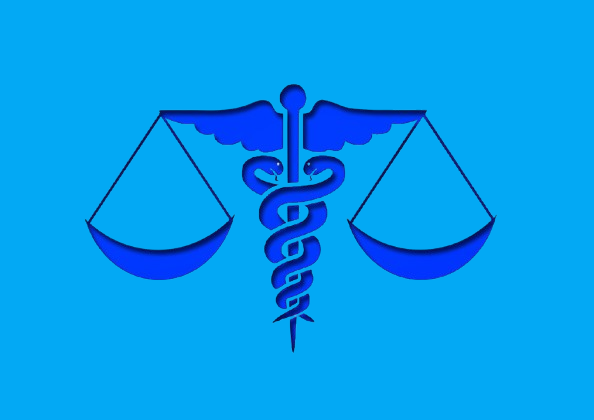Nigeria is grappling with a growing health crisis as chronic kidney disease (CKD) rates soar, leaving healthcare professionals and policymakers searching for answers. The country now faces one of the highest burdens of kidney disease in Africa, with over 25 million Nigerians affected.
Alarming Statistics
Recent studies indicate that approximately 15% of Nigerian adults suffer from irreversible kidney failure, a condition that is life-threatening if left untreated. This translates to about 30 million individuals nationwide . Each year, an estimated 20,000 new cases of end-stage renal disease (ESRD) are reported, requiring dialysis or kidney transplants .
Rising Mortality Rates
The mortality rate associated with kidney disease in Nigeria is staggering. Reports suggest that over 45,000 Nigerians die annually due to kidney failure . A significant factor contributing to these deaths is the high cost of treatment, which many patients cannot afford.
Treatment Accessibility and Costs
Dialysis, a common treatment for CKD, is prohibitively expensive for most Nigerians. A single session can cost between N41,000 and N60,000, and patients often require multiple sessions weekly . Additionally, kidney transplant surgeries can exceed N14 million, a sum beyond the reach of many .(Nairametrics, TheTimes.com.ng)
Despite these challenges, the government has taken steps to alleviate the financial burden. In 2024, the Federal Government approved an 80% subsidy on dialysis costs in 12 federal tertiary health institutions, reducing the price to N12,000 per session . However, this initiative is hampered by the limited number of dialysis machines available. With only 354 functional machines across the country, many patients in need of treatment remain underserved .(Punch News)
Contributing Factors
Several factors contribute to the high prevalence of kidney disease in Nigeria:
- Hypertension and Diabetes: These conditions are leading causes of CKD and are prevalent in the Nigerian population.
- Use of Herbal Remedies: Unregulated use of certain herbal medicines has been linked to kidney damage.(The Guardian Nigeria)
- Infection and Medication Abuse: Chronic infections and misuse of painkillers and bleaching creams are also significant risk factors .(The Guardian Nigeria)
The Way Forward
Experts emphasize the need for comprehensive strategies to combat kidney disease in Nigeria. These include increasing public awareness, improving early detection and screening programs, and expanding access to affordable treatment options. Additionally, there is a call for legislative support to regulate the use of herbal medicines and to address the challenges associated with organ transplantation .(Peoples Gazette Nigeria, Vanguard News)
As Nigeria confronts this escalating health crisis, concerted efforts from the government, healthcare providers, and the public are essential to mitigate the impact of chronic kidney disease on the nation’s population.


